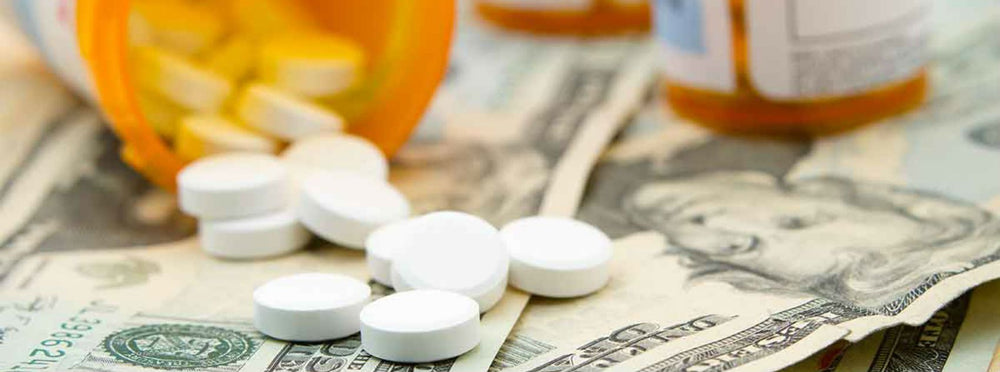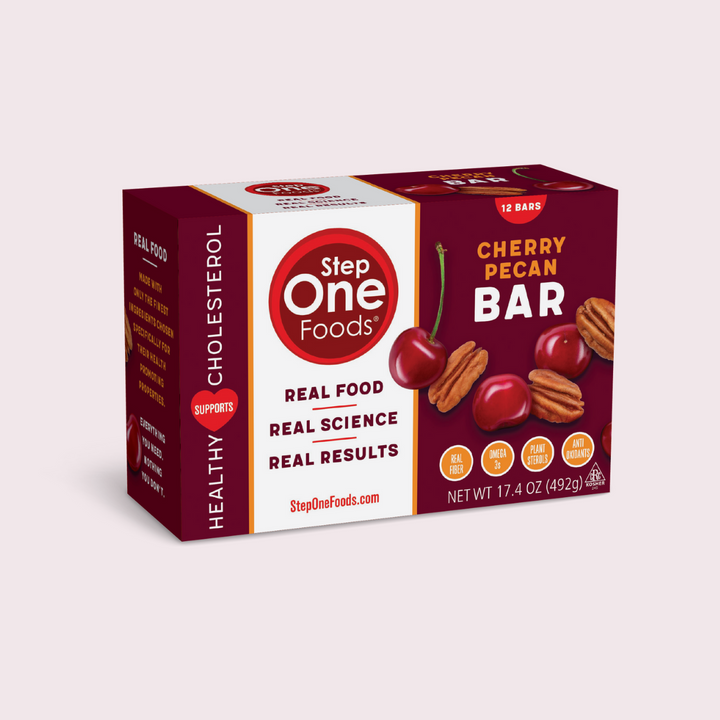Yet another reason to eat smart for your heart

If you’re a regular reader of these blogs, you know that I typically focus on topics that are relevant on an individual level. Today, I want to examine an issue that affects all of us —together.
By way of background, you should know that we spend close to $400 billion per year treating heart disease. On our current trajectory, by 2035 (that’s just 15 years from now), we will be spending close to $800 billion per year. If you’re wondering why that number sounds familiar, it’s what we spent in 2008 to rescue the entire US economy from the Great Recession.
In my cardiology practice, it’s easy to see the financial impact of relying on drugs to “fix” health problems. It’s not unusual for my patients to pay hundreds of dollars per month to cover the costs of all their medications – even though much of what we’re medicating could be solved by diet. High cholesterol, high blood pressure, high blood sugar and excess weight are all food-related conditions – meaning what we eat directly affects how much we spend on treatment.
But even I was surprised by exactly how much this all adds up to: healthy diets could save at least $50 billion in health care costs for the United States, according to a recent study by Brigham and Women’s Hospital researchers. $50 billion! Every single year. That dwarfs the $8 billion we just allocated to battle a new virus, COVID-19, as a one-time expense.
“Our study indicates that the foods we purchase at the grocery store can have a big impact,” said study co-author Dr. Thomas Gaziano, who also acknowledged that improving diet often involves relatively simple changes.
Which food groups drove up costs the most? Not surprisingly, eating too much processed meat is super expensive to your health. And not eating enough nuts, seeds, and omega-3 rich seafoods also proved to be costly.
Could you fix all of that by swapping out two less healthy snacks for two servings of Step One Foods per day? Yes, to a great extent you could.
And here’s the kicker: The researchers were actually conservative in their estimates in a couple of ways. First, they only considered the costs related to heart disease, stroke and diabetes, but it’s quite likely that healthy diets also add up to cost savings in preventing life-threatening diseases such as cancer. Second, the data the researchers analyzed came from surveys in which respondents had to list what they’d eaten in the last 24 hours. So everyone who “forgot” about that bag of chips from the vending machine or the second bowl of ice cream at dessert was underestimated.
What could the U.S. health care system do with that extra $50 billion a year, plus some? We might be able to find the cure for cancer, make artificial organs an affordable reality, or put a big dent in Alzheimer’s research. Most importantly, we could prevent our country from going bankrupt.

Try our Newest Bar!
Cherry Pecan Bar
Discover the perfect harmony of cherries and pecans in our Cherry Pecan Bar. Montmorency cherries, renowned for their antioxidant and anti-inflammatory properties, are combined with premium pecans to create a delicious blend of sweet, tart, and nutty flavors. Packed with white chia seeds, flax, and walnuts, this bar offers more than just taste—it's a superfood-filled snacking option. Our Cherry Pecan Bar is the perfect choice, whether you're on the go or seeking a nourishing treat.
Get heart health tips and articles like this, delivered right to your email.
New articles every week.
You may also like...

How bad is heart disease in your state? And what can you do about it?

You don’t need to avoid foods with cholesterol…except for these



